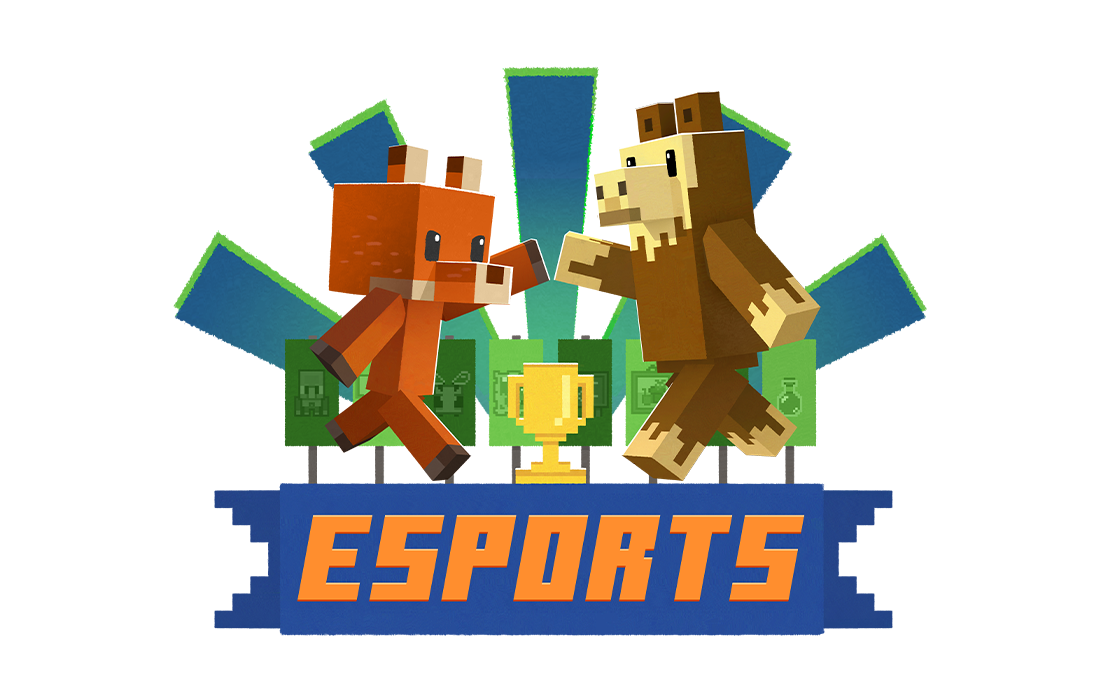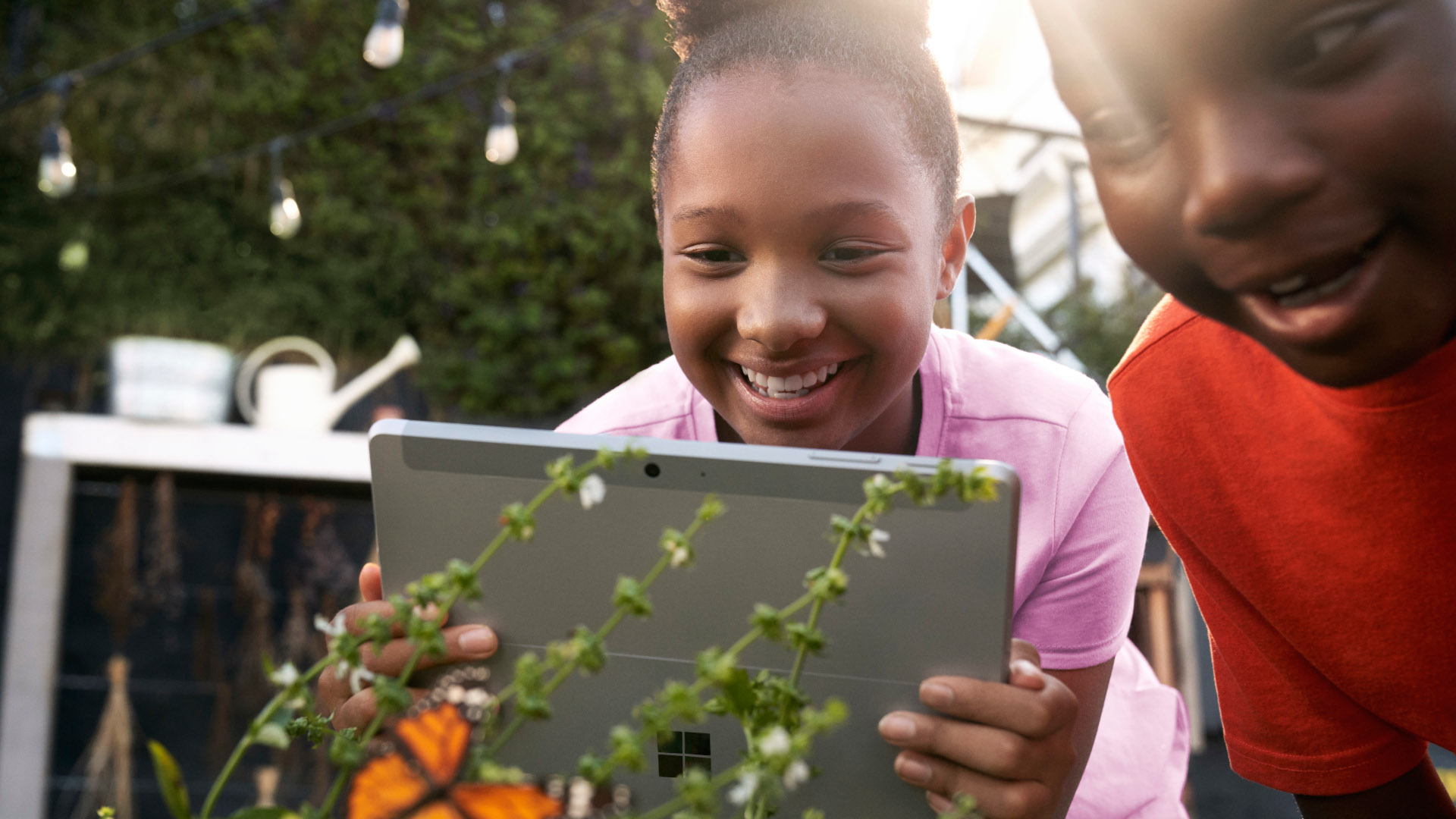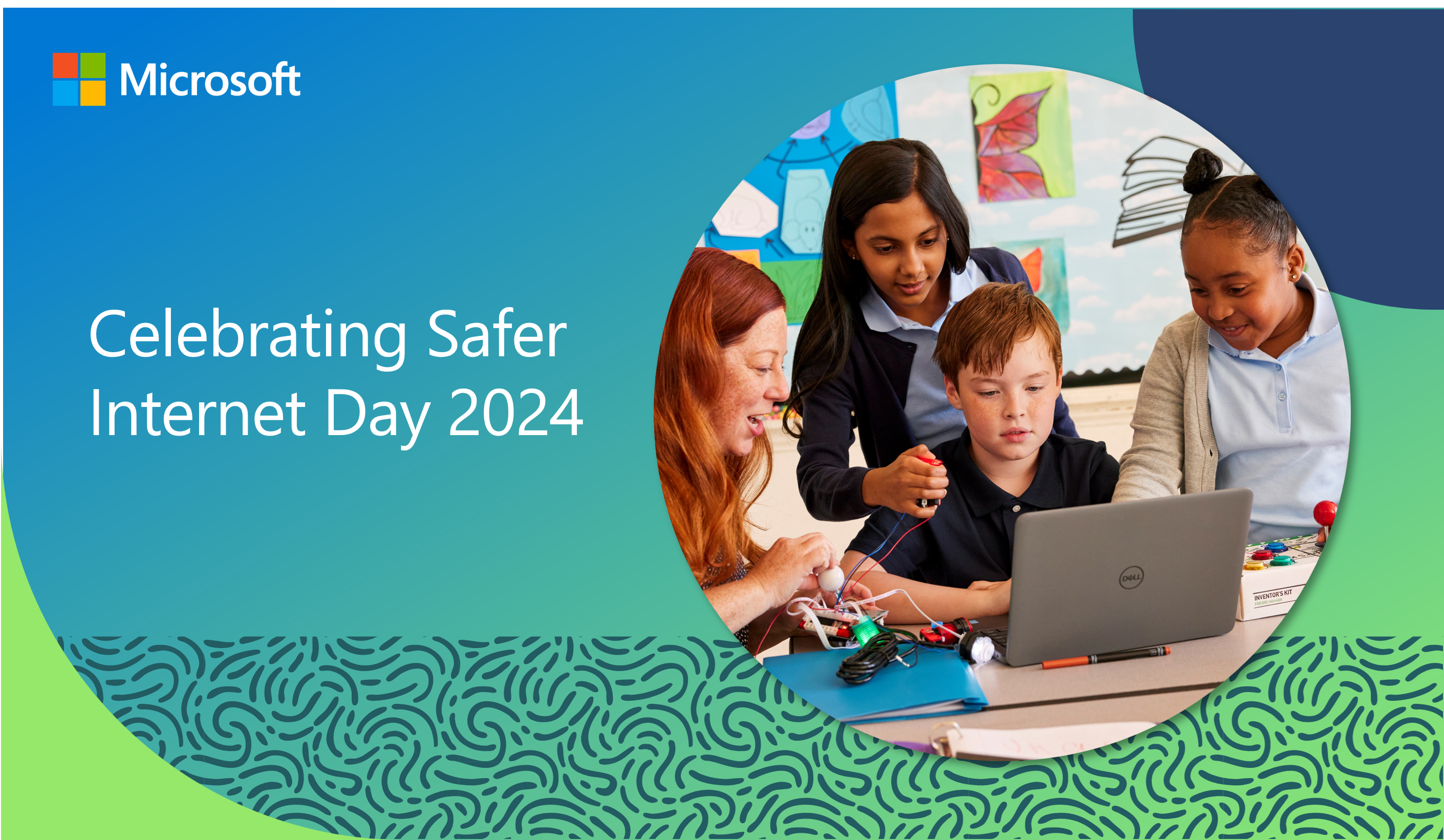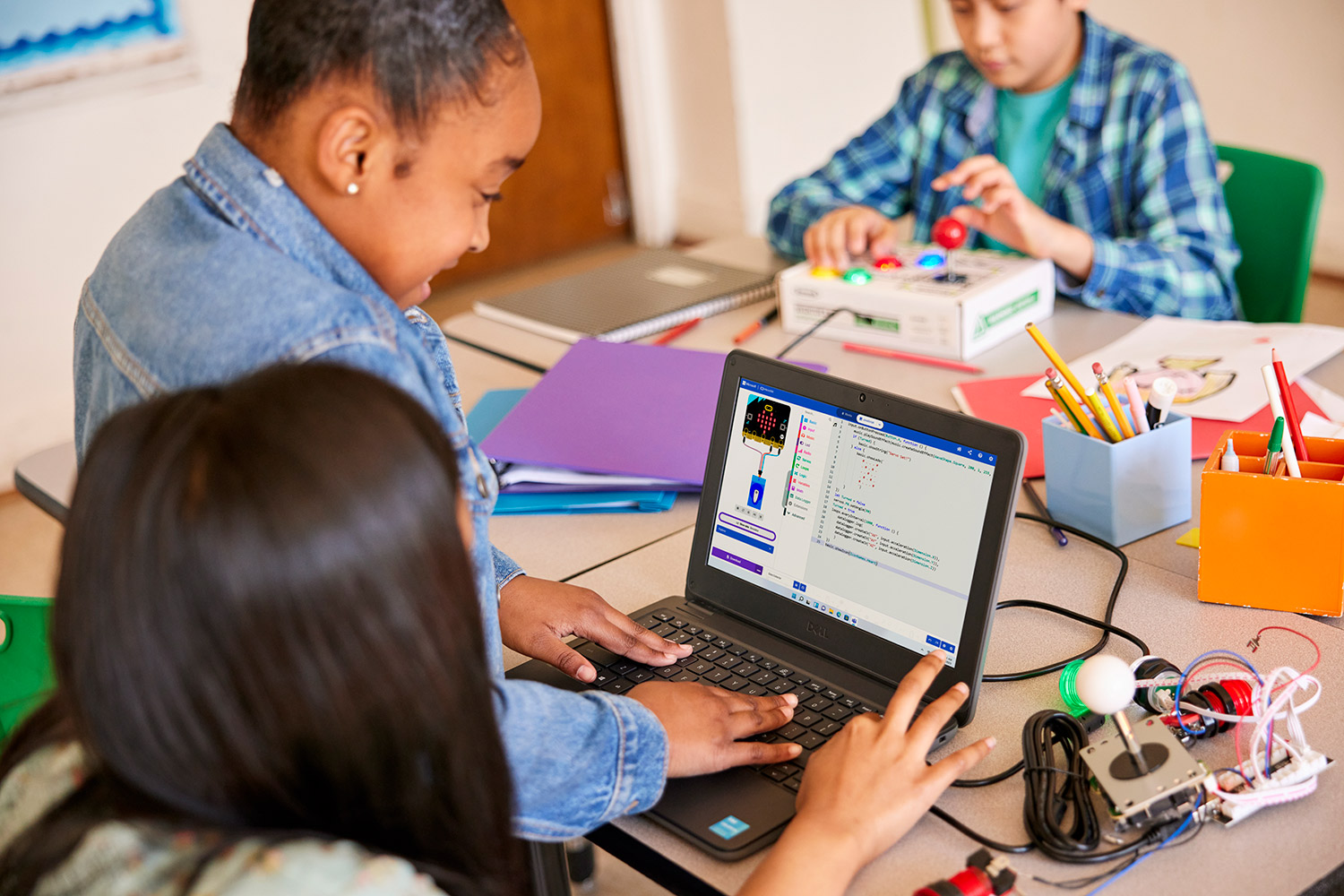In recent years, we have seen technology provide both connection and continuity through the creation of dynamic new digital spaces where people of all abilities, backgrounds, aptitudes, and perspectives can come together and create community.
This has created a necessary upheaval in education, with learning occurring whenever and wherever, untethered by the time and physical restrictions of the traditional classroom. It’s a phenomenal opportunity to reimagine spaces and experiences that acknowledge the social importance of the learning process and ensure that young people develop and practice vital collaboration skills.
And what is more social, collaborative, and educational than games and play?
Technology has helped to integrate games and play into learning in ways we had never imagined, bringing people of vastly different ages, interests, skills, and abilities together. In fact, there are over 2.7 billion gamers worldwide. And while there are 51.1 million juvenile gamers in the U.S, just slightly more than half of teachers use games weekly or more often in their teaching.
We understand that scholastic esports helps create opportunities for students to explore STEM, Computer Science, careers in technology, and build social and emotional skills. Participation in scholastic esports, both in the classroom and as extracurricular activities, helps students build career ready skills in multiple technology related professions.
Giving students a sporting chance at better learning with esports
Esports is a form of competitive gaming where players compete in virtual tournaments. It’s an industry worth billions of dollars, and—in the US—more people watched esports in 2021 than any other sport other than the NFL. What sets esports apart from conventional gaming is that esports highlights cooperation among team members and competitive challenges against other teams. All the while, having coaches and advisors on hand teaching strategy, communication, adaptability, and teamwork.
Esports has also created new career pathways and new degrees, with the University of California Irvine in 2016 being the first public university in the U.S. with an official esports program. Today there are at least 170 colleges and universities with esports options in the U.S. with an estimated $16 million worth of esports college scholarships available.
Esports in education is a way to engage students and personalize learning, providing guidance and support to help each student thrive. From the community and confidence gained by working and competing with peers, to the responsibility, strategic thinking, and discipline necessary in being a strong competitor, esports encourages students to dream big, play hard, and learn vital skills in an inclusive and accessible space.
A goldmine of learning opportunities with Minecraft Education
Since its inception, Minecraft has been a popular game among children and adults alike, teaching the importance of teamwork and strategic thinking. With Minecraft Education’s problem-solving and critical thinking challenges and inherently open-ended structure, its application in the classroom—and in the world of esports—is clear and impactful.
Educators can harness the energy and passion of esports and build pathways for future ready skills, inspire STEM (Science, Technology, Engineering, and Mathematics) learning, and support social-emotional development with Minecraft Education. Esports in Minecraft Education can be instrumental in helping students:
- Build confidence
- Stimulate creativity
- Increase empathy
- Develop leadership and strategic skills
- Gain proficiency in productive concepts and tools
The future of work requires a new mix of skills and mindsets. To help learners develop and deepen these skills, today's educators are guiding their students to explore technologies that open possibilities and build skills for their future. Esports in Minecraft Education is an excellent and proven way to accelerate learning, foster collaboration, and inspire students to become lifelong learners.
Get with the program
Schools all over the world are forming impactful Minecraft: Education and esports programs so that students can develop creative collaboration and STEM skills to unlock exciting opportunities for their future.
During the pandemic, students across New York City were challenged to work in teams and build their own green city solutions in Minecraft: Education Edition based on their empowered learning interests., with the finalist teams competing in a live esports “build battle” streamed on Twitch which reached 300,000 viewers.
And Duval County Public Schools created a Minecraft Lab to help teachers from across the district learn how to use Minecraft: Education through classroom field trips. As a result of this innovative program, the school district has trained educators in game-based learning to extend its reach and merge the initiative with its Career Technical Education esports and coding program.
Next steps
Ready to unleash your students’ creativity in ready-made immersive Minecraft worlds designed to support learning through team build battles, coding challenges, and role-based strategy games? Learn how to bring esports to your school with new Minecraft Education Toolkits. And if you have a paid Microsoft365 account, then you already have access to Minecraft!
Boost your Minecraft Education expertise with the Minecraft Education Teacher Academy. The Minecraft Education Teacher Academy helps educators to use Minecraft Education to support strong pedagogical practices in the learning environment, use block-based coding in Minecraft Education to introduce programming to their learners, and promote creativity, collaboration, and problem-solving in an immersive digital environment. Learn to teach with Minecraft and connect your students' passion with purpose through game-based learning!
Setting up an esports program in your school is simple, straightforward, and rewarding with the Esports Educator Toolkit. This step-by-step guide helps educators develop esports competencies and establish Minecraft Education clubs, providing templates and real-life examples.
Whether it's an exciting opportunity to demonstrate mastery, or building a sense of community and camaraderie, esports can provide many of the same benefits as traditional sports in schools. Esports in Minecraft Education builds essential student skills through competition, play, and learning in a dynamic environment where all students are included.




